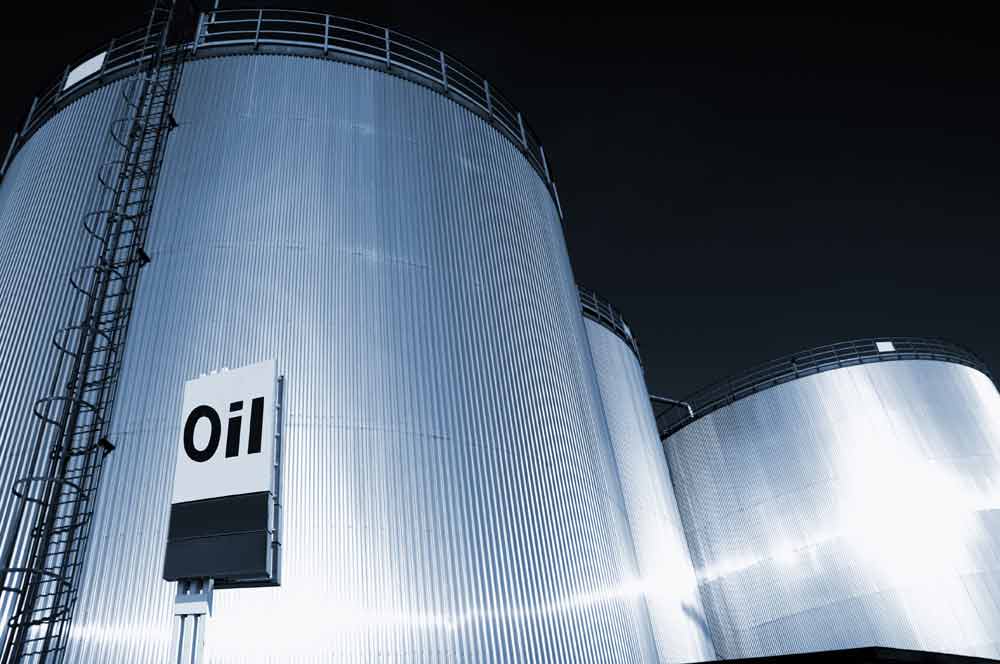
The purpose of oil is to lubricate mechanical systems to keep them running efficiently, while protecting them from harm. It is understood that the type of operating environment involved will always impact the type of lubricant required. While regular oils are designed to deliver these attributes, they cannot cope with the specific challenges faced by every application. To this end, built-for-purpose solutions are designed to deliver the level of lubrication and protection necessary.
Marine oil is an ideal example of one of these enhanced lubricants, and in this blog we’ll explore how it differs from regular oil.
What is the difference between regular and marine oil?
Marine and regular oils cannot be used interchangeably. The two main reasons for this are wear and water.
Consider that the corrosive forces caused by water are a serious issue for marine engines. Regular oils are not required to deliver the high levels of corrosion protection in comparison to marine engines, as their operating environment must face to higher levels of water and moisture.
Additionally, marine oils for four-stroke outboard engines are designed specifically to answer operational challenges. These marine engines often spend a long time running at extreme speed and must endure extensive periods of use. As such they are designed with far greater wear protection in comparison to standard oils.
Comparing automotive and marine engine requirements
Marine and automotive engines are built to run differently and therefore require different kinds of lubricant to operate effectively. To meet fuel economy and emissions standards, automotive engines are engineered to run inside a set revolutions per minute (RPM) range and rarely experience heavy loads. For much of the time, they run at low RPM, as vehicles roll along under a what is a relatively light load. Furthermore, they run at controlled temperatures to deliver consistent fuel usage and operation.
On the other hand, marine engine oils must cope with the constant loads and high RPM of marine engines. These engines usually operate at either wide-open throttle or idle. Many are cooled by sea water. As a result, while they are thermostatically controlled, the temperature cycling involved is entirely different making fuel dilution an issue. A marine engine oil must be far more resistant to shear, corrosion, and moisture than a regular lubricant like automotive engine oil and must have an exceptionally robust film strength to defend those engine parts under constant load and stress.
Finally, as marine engines often exceed their oil change interval window, they are infused with more antioxidants that extend their lifespan.








































